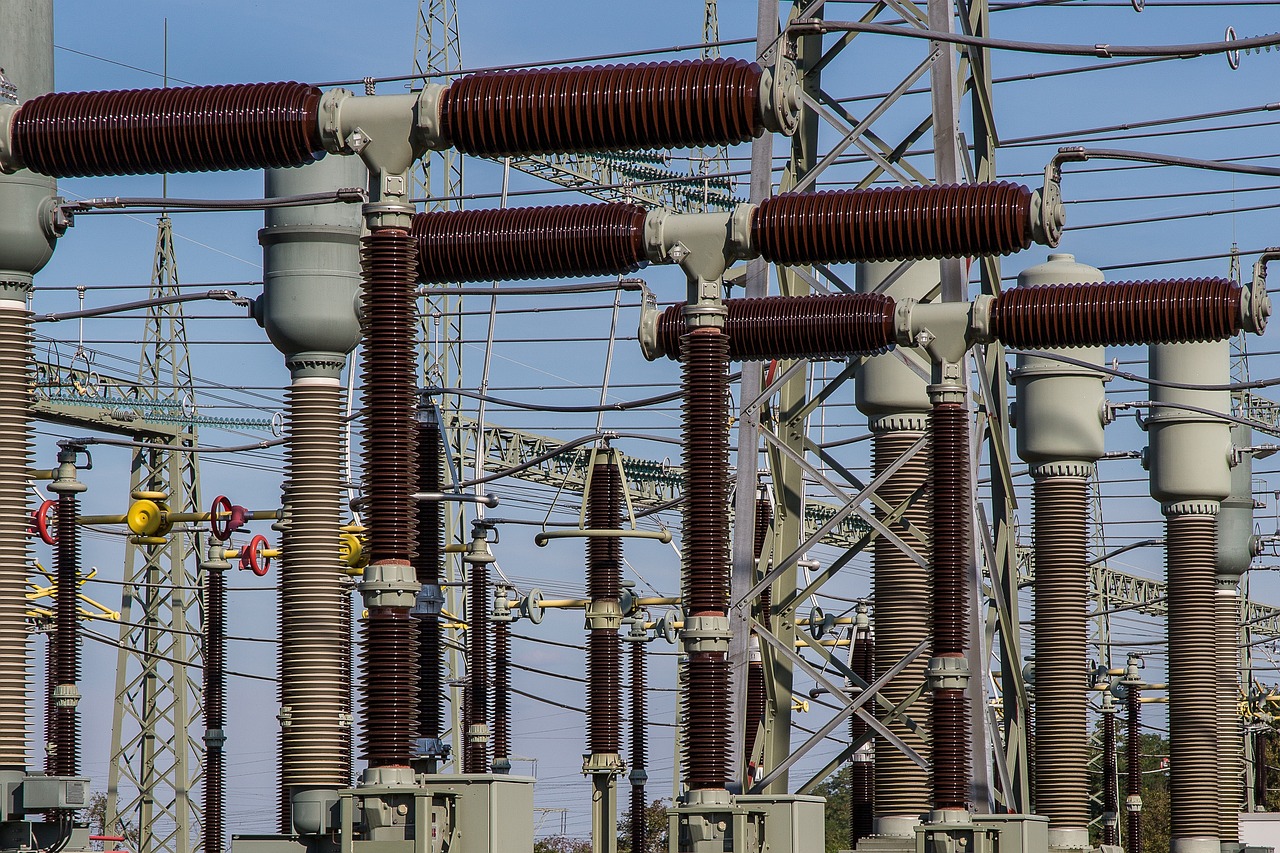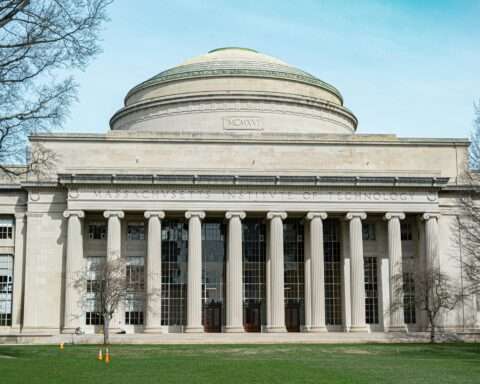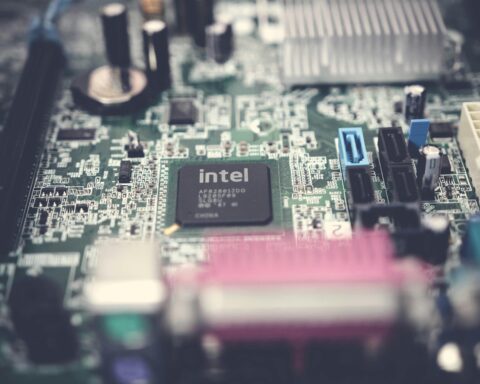The U.S. Department of Energy (DOE) ihas allocated $32 million in grants to advance six pilot energy management projects that enhance the country’s energy grid and build out a network of connected communities throughout the nation. These projects, spanning eight states, seek to provide utilities, grid operators and communities with the tools they need to ensure reliable energy delivery.
The federal grants are a part of the DOE’s Connected Communities 2.0 initiative, a federal program that funds to integrate cutting-edge grid-edge technologies to better prepare the nation for higher energy demand. The program expands federal efforts to provide low-cost, resilient and reliable energy to all Americans.
RELATED: DOE announces notices of funding opportunity to boost grid resilience and security
This 2.0 funding will build upon the successes of the previous Connected Communities initiative, established in 2020, which focuses on integrating distributed energy resources (DERs) to support a more arable electric grid. With the launch of 2.0, the DOE intends to remove hindrances and improve the grid’s ability to handle rapid growing loads, including those from electric vehicles and data-heavy sectors like cloud computing.
Connected Communities 2.0 funding is separated into two categories – Connected Communities grants and Smart Charge Management grants.
2.0’s first funding area, Connected Communities, focuses on integrating grid-edge technical measures in buildings, industry and transportation to prepare the electric grid for new loads and improve consumer experiences’.
The three projects set to secure Connected Communities grant funding include:
- The Responsive Energy Communities Harnessing Advanced Grid Efficiency Initiative in California – $6 million to address the growing electric demand and distribution capacity challenges in residential units, businesses and industry in San Jose.
- Purdue University in Indiana – $5.9 million to demonstrate solutions for rural electric membership cooperatives that can improve energy efficiency and resilience. Developed in collaboration with the National Rural Electric Cooperative Association, the project will include community engagement, kickstarting financial programs, coordinating with DERs through systems and up-scaling lessons learned.
- The Accelerating Community-wide Connected Electric Loads & Energy Reliability Achieved Through Integration with Nationwide Grid Connectivity initiative in Minnesota – $5.3 million to advance a nationally interoperable approach to building load management. The project will also prioritize partnership with electric coops in Minnesota that can optimize residential thermal loads as grid assets.
Connected Communities 2.0’s second initiative, Smart Charge, delivers grants to entities that build confidence in smart charge management systems and prove the technology can be a viable solution to address the rising rates of EVs on the roads.
This round will include funding for three Smart Charge projects to optimize EV charging infrastructure, reduce grid congestion from electric vehicles and renewable energy sources and improve grid flexibility in various configurations.
The projects selected for Smart Charge grants are as follows:
- EV.Energy in California, Florida, Alaska, Rhode Island and Hawaii – $6 million to demonstrate and validate smart charge management solutions in five utility territories. The solutions will include renewable energy matching optimization, reduce grid congestion, timer peak smoothing, expanded chagrin access for multifamily housing, vehicle-to-home and vehicle-to-grid technologies.
- Baltimore Gas & Electric Company in Maryland – $5.9 million to utilize a multi-faceted energy resource management system to achieve additional functionality in managed charging operations. The project will also reduce residential EV chagrin peak loads, decrease infrastructure upgrade costs and adjust charging schedules to alleviate grid congestion.
- One Energy Enterprises in Ohio – $3.2 million to develop a community charging depot for medium- and heavy-duty truck fleets that will be integrated with advanced microgrid technology and grid-optimizing measures.
Combined, these six projects will further the feds’ commitment to building a more flexible, resilient electric grid capable of handling the demands of a rapidly changing energy landscape.
Having access to a total of $65 million, Connected Communities 2.0 will announce additional awards for applications to the original funding opportunity announcement (FOA), which ended in October. More information on the program and resources on how to get involved can be found on the DOE’s FOA.













